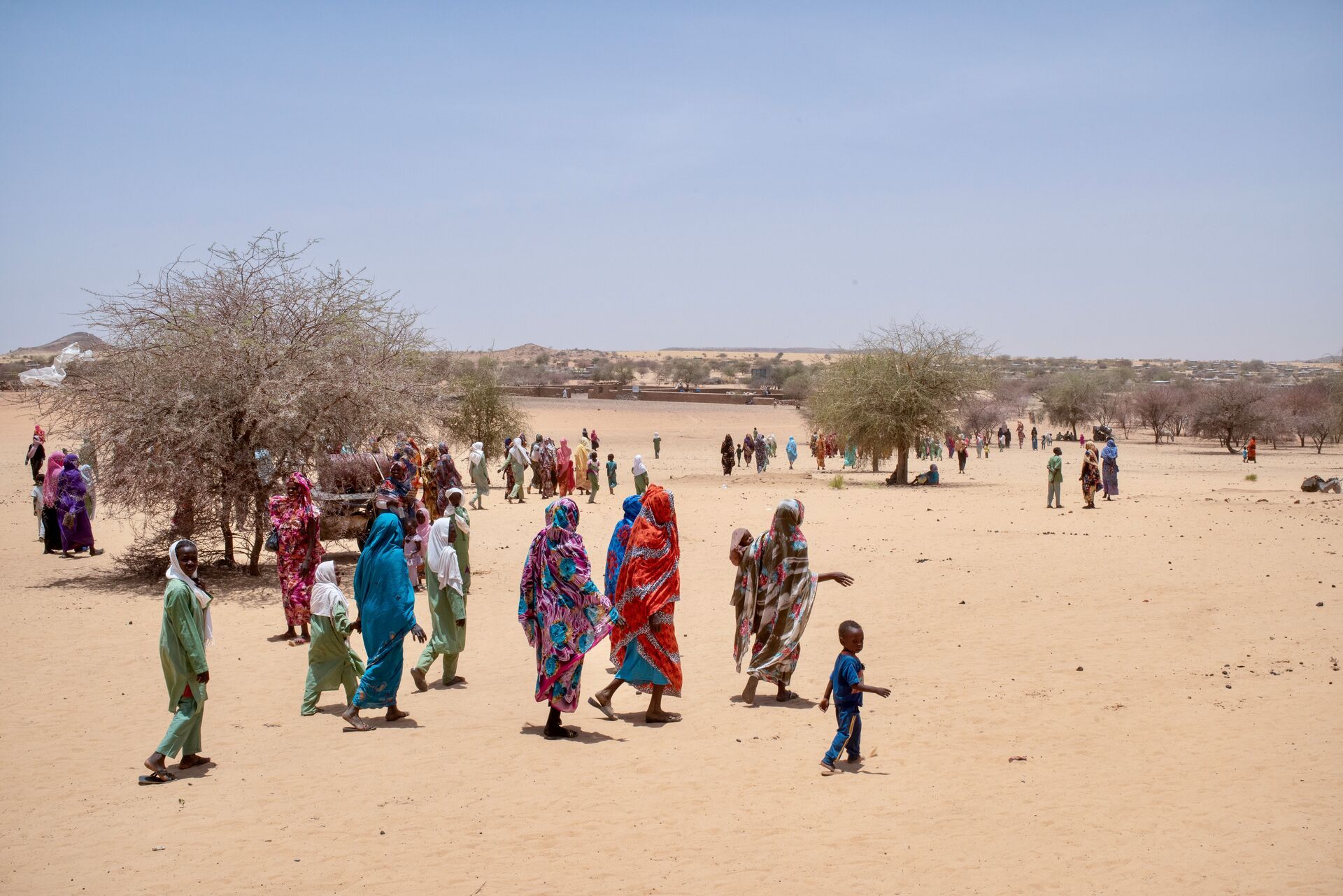
The International Court of Justice at The Hague
The Hague: The International Court of Justice (ICJ) today ruled that Israel should immediately halt its military offensive, and any other action in the Rafah Governorate, which may inflict on the Palestinian group in Gaza conditions of life that could bring about its physical destruction in whole or in part.
It asked Israel to maintain open the Rafah crossing for unhindered provision at the scale of urgently needed basic services and humanitarian assistance and ordered Israel to take effective measures to ensure unimpeded access to the Gaza Strip of any commission of inquiry, fact-finding mission or other investigative body mandated by competent organs of the United Nations to investigate allegations of genocide.
The Court decided that the State of Israel shall submit a report to the Court on all measures taken to give effect to this Order, within one month from the date of this Order.
In its order, passed by 13 votes to two, the ICJ emphasized that the catastrophic humanitarian situation in the Gaza Strip which, as stated in its Order of 26 January 2024, was at serious risk of deteriorating, has deteriorated, and has done so even further since the Court adopted its Order of 28 March 2024. It noted that “after weeks of intensification of military bombardments of Rafah, where more than a million Palestinians had fled as a result of Israeli evacuation orders covering more than three-quarters of Gaza’s entire territory, on 6 May 2024, nearly 100,000 Palestinians were ordered by Israel to evacuate the eastern portion of Rafah and relocate to the Al-Mawasi and Khan Younis areas ahead of a planned military offensive. The military ground offensive in Rafah, which Israel started on 7 May 2024, is still ongoing and has led to new evacuation orders. As a result, according to United Nations reports, nearly 800,000 people have been displaced from Rafah as at 18 May 2024.”
The Court considered that these developments were exceptionally grave and constituted “a change in the situation within the meaning of Article 76 of the Rules of Court”.
The ICJ was also of the view that the provisional measures indicated in its Order of 28 March 2024, as well as those reaffirmed therein, did not fully address the consequences arising from the change in the situation, thus justifying the modification of these measures. The Court further considered that on the basis of the information before it, the immense risks associated with a military offensive in Rafah had started to materialize and would intensify even further if the operation continued. In addition, the Court was “not convinced that the evacuation efforts and related measures that Israel affirms to have undertaken to enhance the security of civilians in the Gaza Strip, and in particular those recently displaced from the Rafah Governorate, are sufficient to alleviate the immense risk to which the Palestinian population is exposed as a result of the military offensive in Rafah”.
The ICJ delivered its order on the request for the modification and the indication of provisional measures submitted by South Africa on 10 May 2024 in the case concerning the Application of the Convention on the Prevention and Punishment of the Crime of Genocide in the Gaza Strip (South Africa versus Israel).





